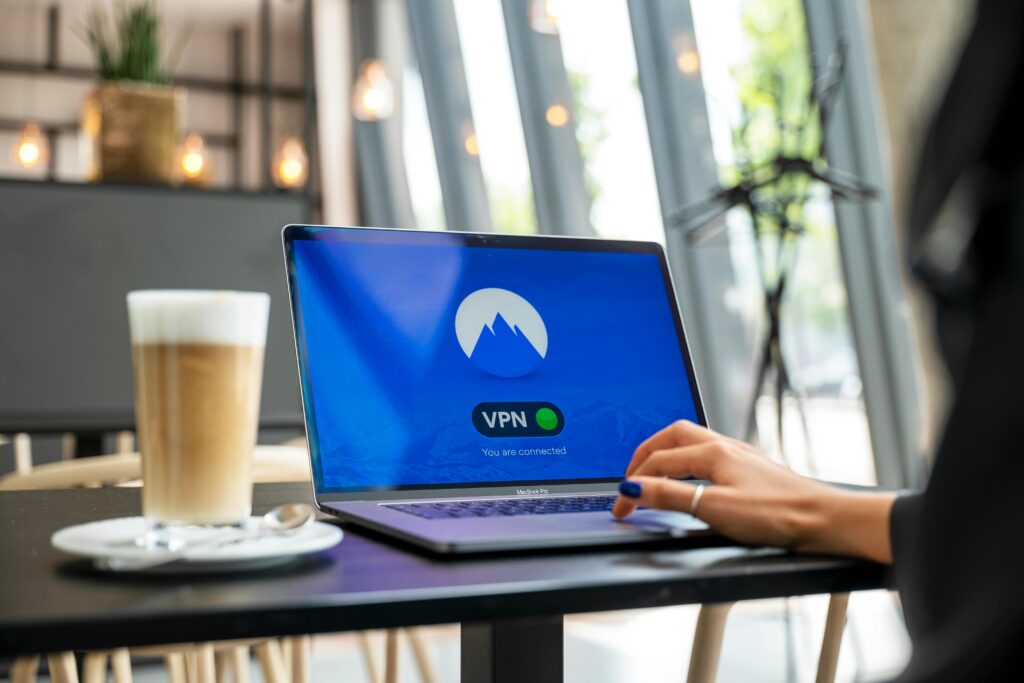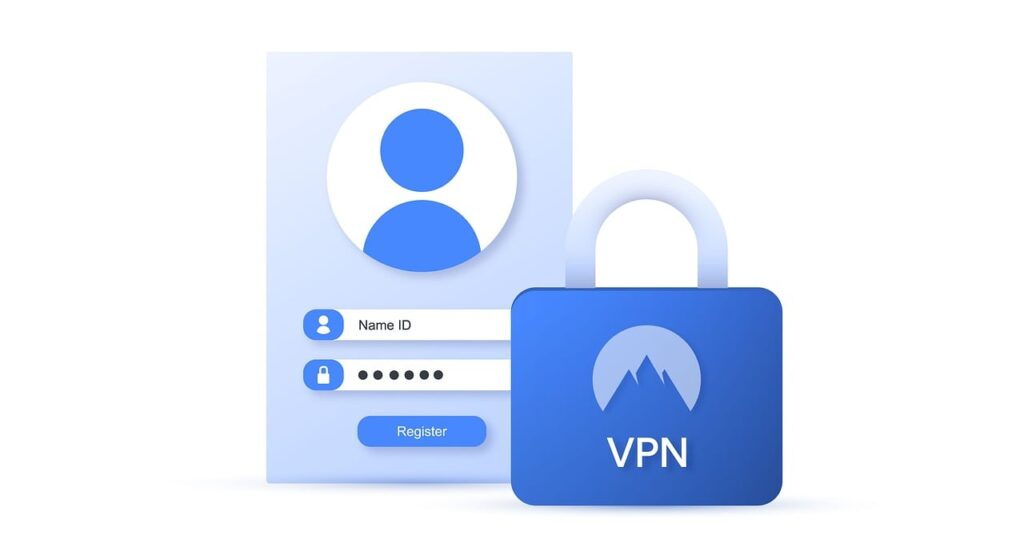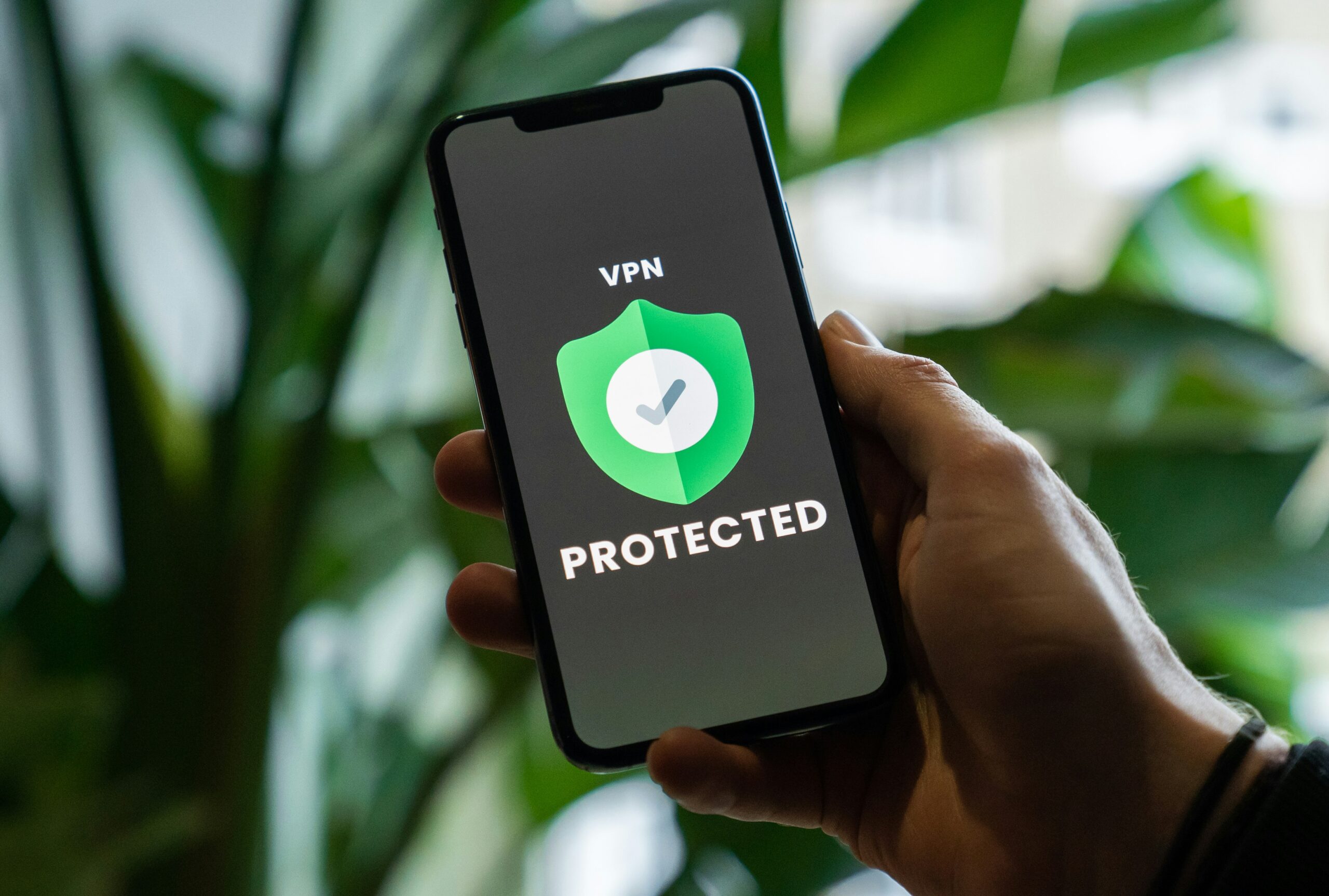Virtual Private Networks (VPNs) have become essential tools for anyone looking to keep their internet browsing secure and private. VPNs are valuable for accessing blocked content, bypassing geo-restrictions, or simply improving privacy for users worldwide. But while VPNs are legal in most countries, there are some nations where using one could land you in trouble. For travelers, understanding the laws around VPNs in certain countries is important to avoid legal issues. Here, we’ll explore which countries restrict or ban VPN use, why they do so, and what travelers need to consider before packing up their digital tools.
Why Are VPNs Restricted in Some Countries?
Before diving into which countries ban VPNs, let’s understand the reasoning behind these restrictions. Generally, countries that restrict VPNs aim to control internet access and monitor citizens’ online activities. A VPN masks a user’s location and encrypts their online activities, making it harder for governments to track what people are doing online. This lack of transparency conflicts with strict internet regulations, especially in countries with censorship laws.
VPN restrictions are typically implemented for three main reasons:
- To Maintain Internet Censorship: Some governments heavily censor the internet, limiting access to foreign websites and apps to control information flow. VPNs allow users to bypass these restrictions, undermining the government’s control over accessible content.
- To Limit Access to External Media: Some nations restrict access to Western or foreign media sites for political or cultural reasons. By blocking VPNs, these governments can better control what media and information citizens are exposed to.
- To Prevent Illegal Activities: Some countries argue that VPNs can enable criminal activities by hiding users’ identities and locations. Governments may try to restrict VPNs to prevent cybercrime, though it’s worth noting that this reason is often cited alongside broader control objectives.
Now, let’s take a closer look at countries where using a VPN is illegal or tightly regulated.

Countries Where VPNs Are Banned or Restricted
China
China is perhaps the most well-known example of a country with strict VPN regulations. The Chinese government has long implemented the “Great Firewall,” which blocks popular sites like Google, Facebook, Twitter, and foreign news websites. To maintain control, China allows only government-approved VPNs that meet strict monitoring and data retention requirements.
Unauthorized VPN use is illegal, and violators face fines or other penalties. While many VPNs still function in China, it’s a risky game. If you plan on using a VPN while visiting, research reliable providers beforehand and understand the legal risks.
Russia
Russia has been cracking down on VPNs since 2017, banning those that allow users to access prohibited websites. The Russian government’s goal is to prevent citizens from accessing information that could undermine state policies or beliefs. VPN providers must register with the government and comply with regulations, and those that refuse to comply are banned. While Russia’s restrictions are primarily aimed at domestic users, foreign visitors should still be cautious. Fines may apply if you’re caught using an unapproved VPN.
United Arab Emirates (UAE)
The UAE has strict laws against VPN use, especially for accessing content that violates local regulations, such as VoIP services like Skype or WhatsApp. VPNs are technically allowed but can only be used for “official” or business purposes. Using a VPN to bypass internet restrictions for entertainment purposes could lead to heavy fines or even jail time. It’s best to avoid VPNs in the UAE unless you’re using them for work-related purposes, and always double-check the local laws beforehand.
Oman
Oman has strict internet regulations, and VPN use is heavily restricted. The Omani government controls internet access and blocks many sites deemed inappropriate, including some foreign media and communication apps. VPNs are banned unless you have government permission, making it illegal for individuals to bypass the state’s content restrictions. Avoid using a VPN in Oman unless it’s authorized by the government, as penalties can be severe for unauthorized use.
Iran
Iran permits only government-approved VPNs, and even those are heavily monitored. The government restricts access to foreign websites and content that it considers contrary to Islamic values or critical of state policies. Unauthorized VPN use is illegal and can result in fines or imprisonment. Be cautious if you’re visiting Iran, as using an unapproved VPN can lead to legal issues. Stick to government-sanctioned options if absolutely necessary.
North Korea
North Korea has perhaps the most restricted internet in the world. Only a select few citizens have access to the global internet; the majority are limited to a state-controlled intranet. VPNs are illegal and unnecessary for most citizens since access to foreign content is already prohibited. Foreign visitors are subject to strict regulations, and VPN use is not permitted. VPN use is unnecessary and prohibited in North Korea. Avoid any attempt to bypass the state-controlled internet, as penalties are severe.
Saudi Arabia
Saudi Arabia restricts VPNs to prevent citizens from accessing content that conflicts with cultural or religious beliefs. Many VPNs are blocked, and unauthorized use can result in penalties. Although not outright banned, using a VPN to access restricted content could lead to fines. Be mindful of VPN use in Saudi Arabia, especially for accessing blocked content. Stick to services that are less likely to draw attention, and understand the consequences.
Turkmenistan
Turkmenistan has one of the most restricted internet environments globally. The government bans VPNs outright to prevent citizens from accessing foreign media or content. Social media and international news are heavily restricted, and any attempt to bypass these controls with a VPN can lead to punishment. Avoid VPN use altogether in Turkmenistan. The government monitors internet use closely, and VPN-related penalties can be severe.

Consequences of Using a VPN Where It’s Restricted
Using a VPN in a country where it’s illegal can lead to serious consequences. Penalties vary by country, ranging from fines to imprisonment, or even deportation in extreme cases. In some regions, tourists may face less severe penalties than residents, but it’s important to be aware of the risks involved.
If you’re caught using a VPN in a restricted area, you could face:
- Fines: Many countries impose hefty fines for unauthorized VPN use. For instance, the UAE can fine offenders up to $500,000.
- Confiscation of Devices: Authorities may confiscate your devices if they detect VPN usage.
- Imprisonment: In severe cases, VPN use may lead to jail time, especially if authorities believe it’s tied to illegal activities.
Tips for Travelers: How to Stay Safe
- Research Local Laws Before Traveling: Before heading to a new country, spend some time researching its internet and VPN laws. Regulations can change quickly, so make sure you have updated information.
- Opt for a Secure VPN (If Legal): If VPNs are allowed, use a reliable and secure VPN provider known for encryption and privacy protection.
- Consider Using Mobile Data: In countries with restricted Wi-Fi networks, mobile data may offer more privacy. While it may be more costly, it’s often harder for authorities to monitor compared to local Wi-Fi.
- Know When to Disconnect: If you’re traveling in a high-risk country, disconnect your VPN and switch to normal browsing if you suspect you’re being monitored or questioned.
Using a VPN can be a convenient way to maintain privacy and access content abroad, but it’s important to understand local laws before you travel. In many cases, VPN restrictions are part of broader internet control measures aimed at maintaining governmental control or protecting cultural norms.
If you’re traveling to one of the countries mentioned, err on the side of caution. Weigh the risks, assess your need for a VPN, and remember that in certain regions, following local regulations can be just as important as packing your passport. Staying informed and respectful of local laws can help you avoid unwanted situations and enjoy a worry-free trip.




